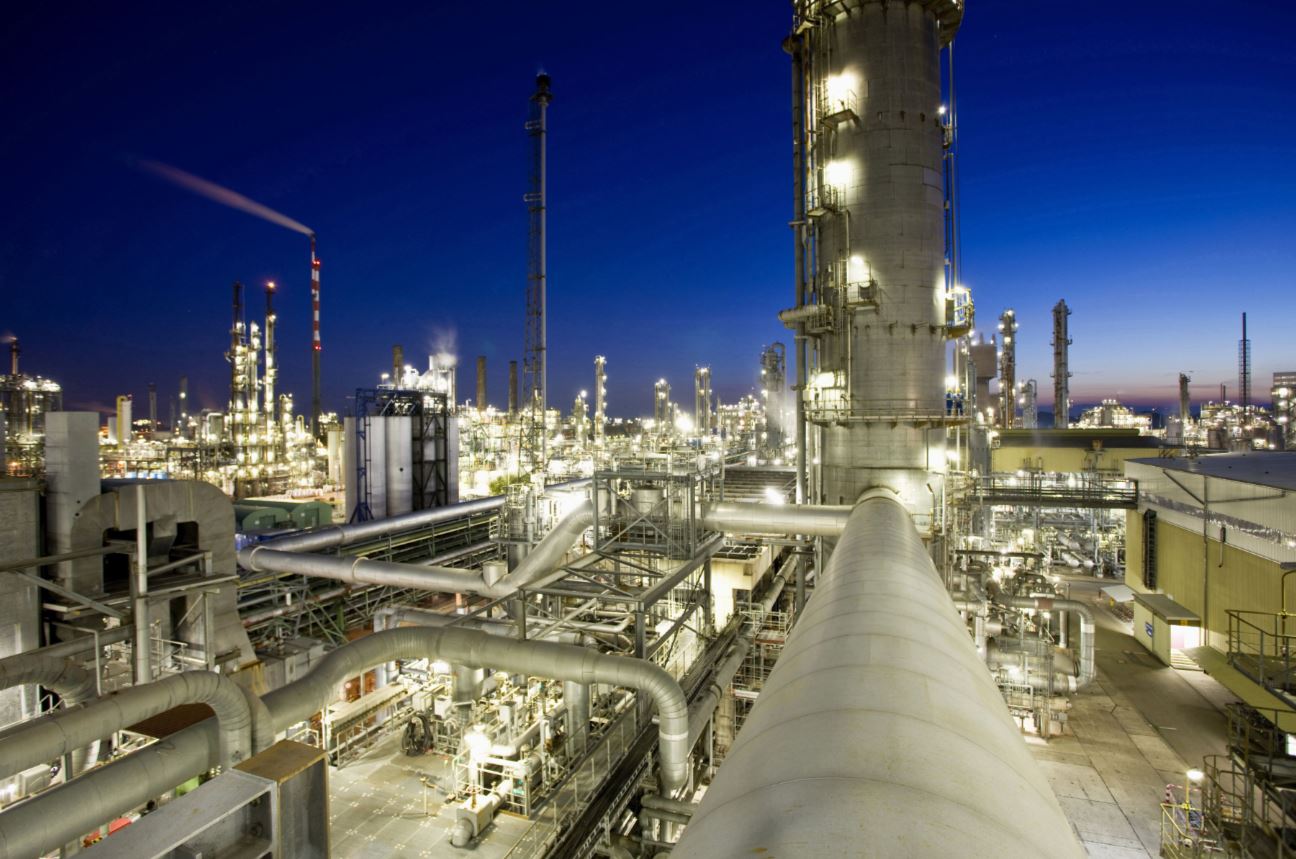Preview 2021: 'Industry fears pandemic widens gap in global climate ambitions'

Clean Energy Wire: What do you consider to be the most important energy and climate topics that will keep German industry and thus your association busy in the coming year - also in view of the changed situation due to the pandemic?
Carsten Rolle: Following the recent months' discussions about targets, the European Green Deal will enter the critical implementation phase in the coming year. This will be accompanied by a tremendous wave of reform projects. The year 2021 opens the conceptual discussion on the European CO2 price architecture of the next decade. In concrete terms, this involves issues such as a broader EU emissions trading system (ETS), different trading systems for transport and buildings, as well as the partial conversion of energy taxation into a carbon tax. There is also the question of whether things should remain as before or whether a new border adjustment system should be introduced for individual sectors, with existing carbon leakage protection. These issues, which will trigger numerous other reform initiatives, are central for the industry in the coming year. In the end, the pace of European efforts will also depend on the extent to which other industrialised nations now take comparable, tangible steps. As long as other EU member states do not adopt legally binding targets and concrete measures, conditions under state aid law must be created to even out differences in competitiveness in the longer term. German industry is concerned that differences in climate policy ambitions are increasing internationally due to the pandemic-related economic crisis. The scope and orientation of the national stimulus programmes vary widely internationally.
What influence will the German general election campaign and the outcome of the vote have on these issues in industry?
Climate protection now plays a central role for all parties, with the exception of the [right-wing nationalist] AfD. The ambition levels have become more comparable than in the past. However, there are definitely differences in the choice of climate policy instruments. In the transport sector, this is also true for the question of permissible technology options. The participation of the Greens in government could highlight the necessary questions of social acceptance of climate protection technologies, for example in the balancing of species protection and wind energy expansion, in the development of CCUS (carbon capture, utilisation and storage) technologies for certain industrial processes, or the use of synthetic fuels in the transport sector.
The implementation of the hydrogen strategy will enter a hot phase in the coming year. Which aspects do you consider most important?
The speed with which the hydrogen issue has received government attention over the past year, not only in Germany and Europe but worldwide, is impressive. The same applies to the number and size of projects. Our national hydrogen strategy contains many good ideas for concrete political measures. After the first implementation steps of the national strategy in the first quarter of 2021, however, politicians must be careful to make sure that the elections and the government formation do not lead to a prolonged standstill in the coming year. This applies in particular to the expansion of infrastructure and the development of instruments that provide planning security and reduce operating costs for climate-friendly hydrogen. At the European level, we must finally take a step forward in the area of classification and certification.
What energy and climate impulses do you expect at the international level, including the upcoming UN climate summit?
The announcements by Japan, South Korea and China that they aim to be climate-neutral in 2050 and 2060, respectively, are encouraging, and so are the hopes for closer cooperation with the new US administration. However, the concrete next steps of implementation are more decisive than the announcement of these long-term goals. In terms of climate policy, the presentation of the next five-year plan (2021-2025) in China stands out. This plan has an enormous leverage effect on the development and use of energy and efficiency technologies. This will show how seriously China really takes the issue of climate protection, and whether it will introduce rising CO2 prices for its industries in a similar way as we are planning in Europe. The BDI hopes that the next UN climate summit will provide a new impetus for instruments to allow closer international cooperation. We also expect this to provide concrete impulses for developing and emerging countries, for example to jointly create a market for renewable energies.

